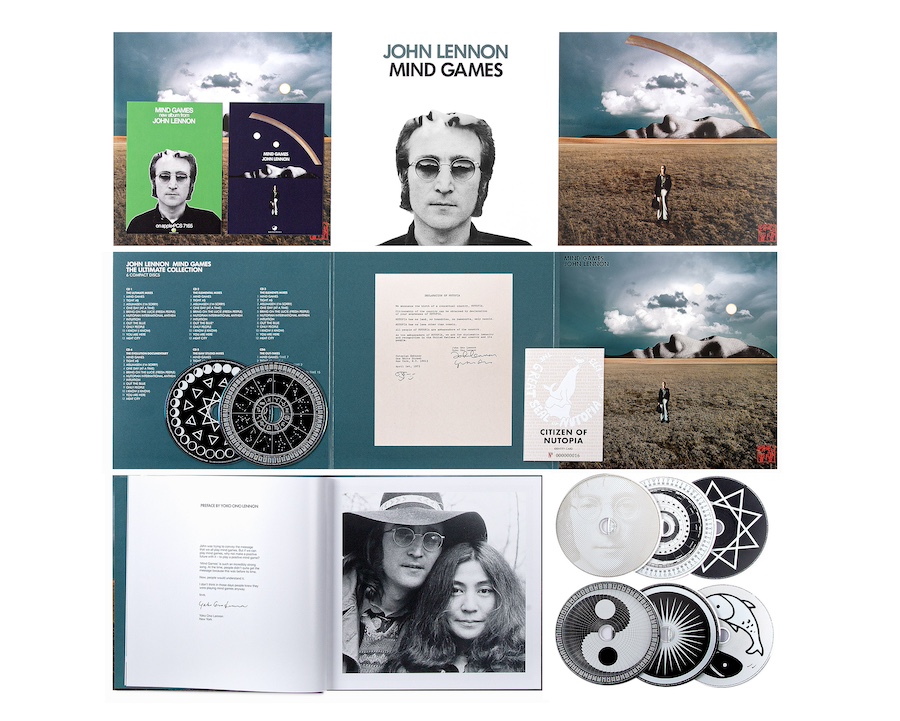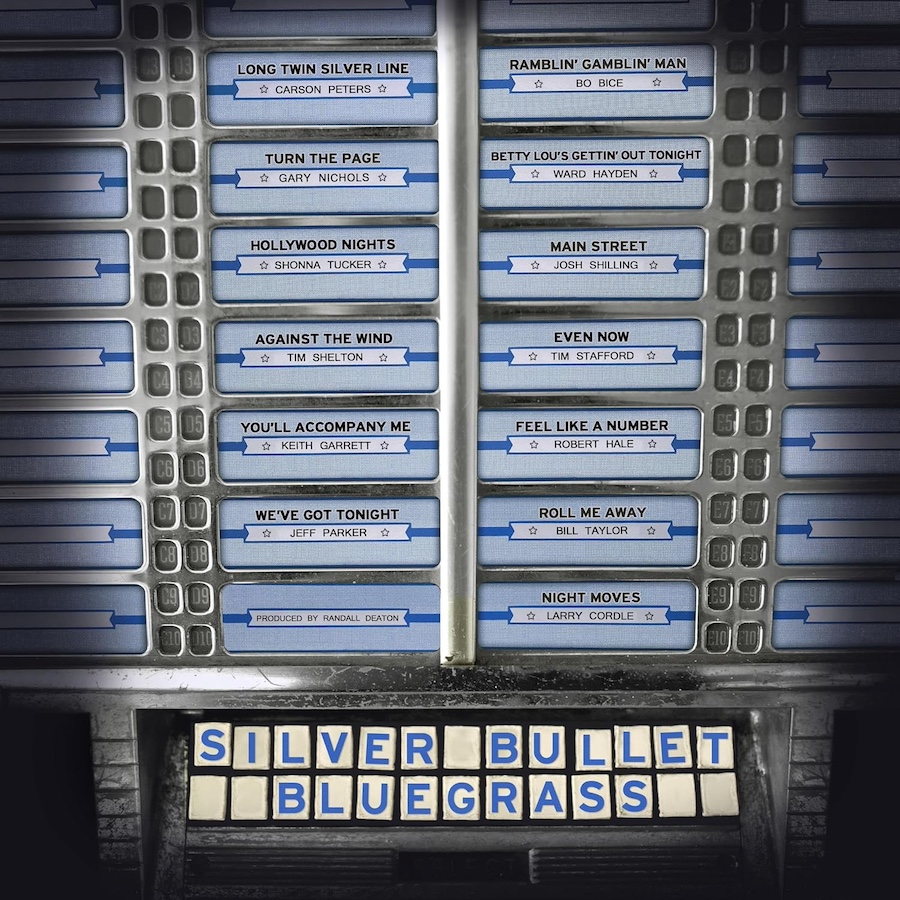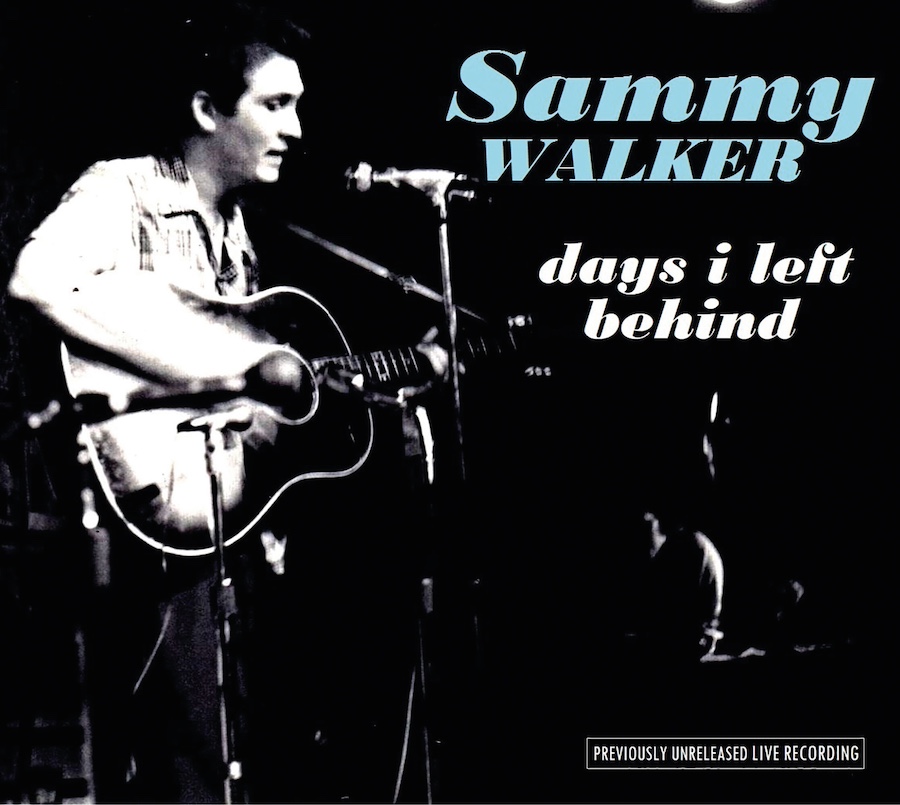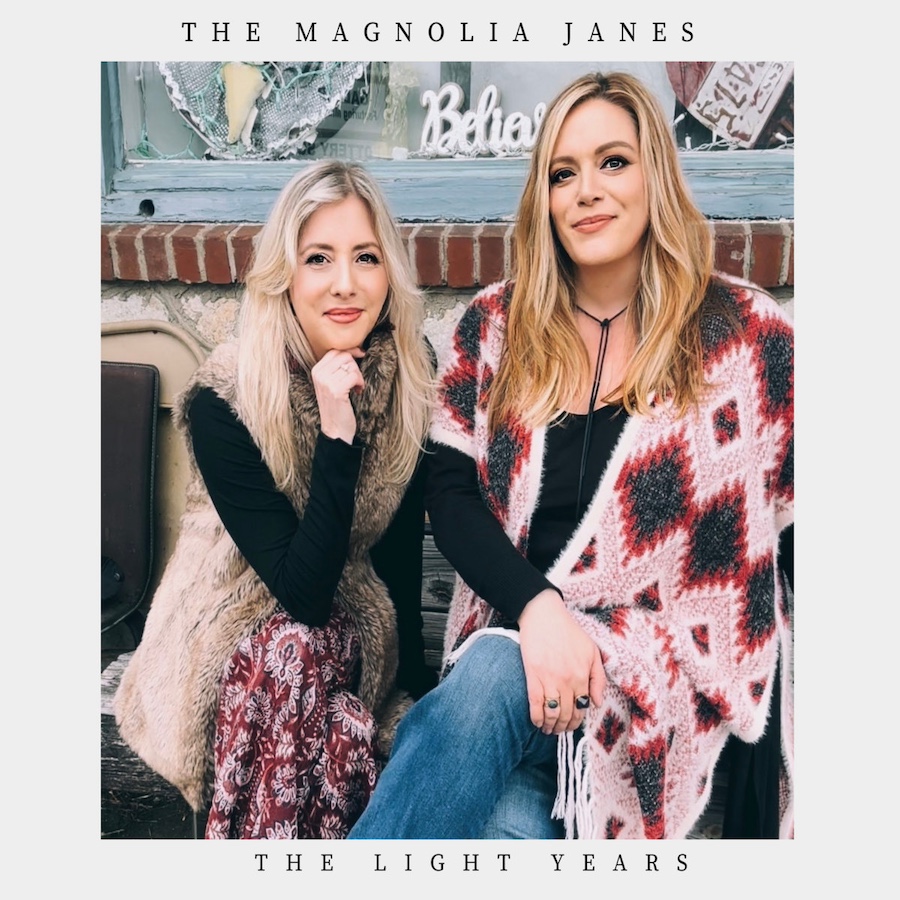‘Mind Games’ Under a Microscope
So-called “ultimate” editions of John Lennon’s first two solo albums, 1970’s John Lennon/Plastic Ono Bandand 1971’s Imagine, appeared in 2021 and 2018, respectively. Now we have a similarly fashioned box devoted to his fourth LP, Mind Games, which originally surfaced in 1973. (Lennon’s third release, Some Time in New York City, received some scathing reviews and sold relatively poorly. It has not received the “ultimate” treatment and probably never will.)
In an interview with journalist Frances Schoenberger that appears in my book Lennon on Lennon; Conversations with John Lennon, the ex-Beatle calls Mind Games “an interim record between being a manic political lunatic to back to being a musician again. And Mind Games is like the cross between them. …I had enough of this trying to be deep…Why can’t I have some fun?”
The singer’s “fun” produced an LP that wasn’t quite on par with its two knockout predecessors – which is probably why it has been under appreciated. It lacks the head-turning raw emotion of Lennon’s solo debut, includes a bit of filler, and doesn’t contain a classic anthem like the second LP’s title track. That said, Mind Games’ title cut is likable enough to have made it into the Top 20 on Billboard’s charts, and it’s not the best song on this self-penned album.
Like Lennon’s earlier LPs, this one mingles the political with the personal. In the former camp are standouts such as the catchy “Bring on the Lucie (Freda Peeple),” which is less strident than the diatribes on Some Time in New York City and features guitar that sounds like it could be the work of George Harrison (but isn’t). The latter group includes several love songs to Yoko Ono, including “Out the Blue,” “You Are Here,” and “Aisumasen (I’m Sorry),” which mentions her by name. Somewhere between the two groups is the title cut, which mingles a Yoko-derived mindset (“Yes is the answer”) with tired cliches. (“I want you to make love, not war,” sings Lennon, before adding, “I know you’ve heard it before.”)

The new Mind Games: The Ultimate Collection, which Lennon’s son Sean produced, follows the same format as its two boxed predecessors. Like them, it features six CDs, two Blu-rays, and a hardcover book. You can also buy smaller, lower-priced digital and vinyl configurations as well as a “super deluxe” limited edition that throws in everything but Lennon’s kitchen sink, including vinyl picture discs, reproductions of memorabilia, I-Ching coins, an ultraviolet flashlight, and much more.
While that edition clearly targets Lennon fanatics, the standard eight-disc Ultimate Collection isn’t exactly designed for casual fans. Unlike the “ultimate” edition of John Lennon/Plastic Ono Band, which includes lots of completely fresh material, the Mind Games box mostly delivers multiple copies of the original album that have been newly manipulated for this release. The first CD features a remixed, remastered copy of the original album while another disk offers “Elements Mixes” intended to “isolate and bring forth certain instruments from the multitrack recordings to highlight playing previously buried in the original mix.” A third CD, labeled “Raw Studio Mixes,” strips out vocal effects, tape delays, and reverbs, while a fourth, called “Elemental Mixes,” removes drums and some instruments and makes John’s voice more prominent.
More interesting are the two remaining CDs, which embrace previously unheard material. One contains outtakes of each Mind Games track, some of which differ markedly from the familiar versions. The other, called “Evolution Documentary,” offers audio snippets of each track’s various stages, as it evolved from early demos to the final version.
The box’s lavishly illustrated 132-page hardcover book, another highlight of the box, includes a brief preface by Yoko, reminiscences about the sessions by many of Lennon’s accompanists, song lyrics, and comments about each tune by John, Yoko, and assorted other musicians and observers. There are also extremely detailed track notes, indicating, for example, how many takes were done of each song and what instrument is captured on each of its 16 tracks. But perhaps the biggest carrots for potential buyers are the Blu-rays, which offer multiple high-resolution versions of the box’s musical contents, including a DTS-HD Master Audio surround-sound mix and a Dolby Atmos mix. Mind Games has never sounded better than it does here.
Transforming Rock into Bluegrass

Some contemporary bluegrass artists have lately been turning their attention to rock and roll. One result of this trend is Silver Bullet Bluegrass, a new multi-artist tribute to the Bob Seger songbook. Another is a quartet called Iron Horse, which has issued bluegrass albums devoted to the music of Nirvana, Ozzy Osborne, Pearl Jam, and now, on Pickin’ on the Doors, the songs of Jim Morrison and company.
Until you hear this latter album, it’s difficult to imagine bluegrass versions of songs like “Break on Through (To the Other Side),” “People Are Strange,” and “Riders on the Storm.” And after you listen, it’s easy to suspect that the CD might have Jim Morrison rolling over in his grave, as it certainly doesn’t convey the sort of mood the Doors were after. That said, the setlist – which also includes such titles as “Love Her Madly,” “Touch Me,” “Hello, I Love You,” and “Love Street” – is extremely well played. In fact, it’s amazing how well these tunes work as bluegrass. They may not have much to do with the originals, but they sound great. Believe it or not, they also sound as if they could have been written for a bluegrass band.
Similar comments apply to Silver Bullet Bluegrass’s renditions, some of which are a tad closer to the spirit of the originals. Three of Seger’s best songs – “Night Moves,” “Against the Wind,” and “Main Street” – garner three of the best performances, by singer/songwriters Larry Cordle, Tim Shelton, and Josh Shilling, respectively. Other artists turn in creditable versions of such numbers as “We’ve Got Tonight,” “Feel Like a Number,” and “Turn the Page.”
Also Noteworthy

Sammy Walker, Days I Left Behind. Folk singer, songwriter, and finger-picking acoustic guitarist Sammy Walker, a protégé of Phil Ochs, garnered praise for his first albums, which appeared in the mid-1970s. The Georgia native has since recorded only sporadically and has never caught the attention of a wide audience. One reason may be that he sounds a lot like early Bob Dylan, which might have led some listeners to dismiss him as a mere imitator. In fact, while Dylan undoubtedly influenced Walker (as did Woody Guthrie and Hank Williams), he is a fine singer and distinctive lyricist who has long deserved more notice.
This well-recorded 76-minute album, which captures a previously unreleased solo concert given in Italy in 1986, shows why. Along with covers of Guthrie’s “Pretty Boy Floyd” and “Vigilante Man” and Jesse Fuller’s “San Francisco Bay Blues,” it includes 16 of Walker’s best original compositions. One standout is “A Cold Pittsburgh Morning,” an evocative vignette about a night when bars were jammed with people celebrating their town’s football team while an old woman froze to death in an apartment because she couldn’t afford to pay her utility bill. More upbeat winners include the poetic “Blue Ridge Mountain Skyline” and an impressionistic love song called “Brown Eyed Georgia Darlin’.”

The Magnolia Janes, The Light Years. Illinois-based folk/Americana singer and guitarist Ashley Riley has been releasing increasingly noteworthy albums for years, among them the superlative Set You Free, which appeared in 2021. Here, she teams under the name the Magnolia Janes with South Africa native Sarah Bonsignore, a singer and keyboardist whose background includes classical piano and opera training.
This 11-song set, most of which they co-wrote (sometimes with additional collaborators), features excellent harmony vocal work, though, to these ears, Riley and Bonsignore make a stronger impression when they feature one voice rather than a blend. Moreover, the material here isn’t as strong or effectively produced as that on Set You Free. That said, The Light Years offers a melodic and enjoyable listening experience. Imagine a folkier, less rock-oriented version of Wilson Phillips and you won’t be far from the mark.
Jeff Burger’s website, byjeffburger.com, contains five decades’ worth of music reviews, interviews, and commentary. His books include Dylan on Dylan: Interviews and Encounters, Lennon on Lennon: Conversations with John Lennon, Leonard Cohen on Leonard Cohen: Interviews and Encounters, and Springsteen on Springsteen: Interviews, Speeches, and Encounters.



